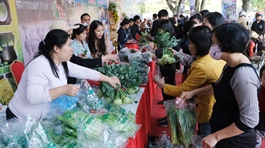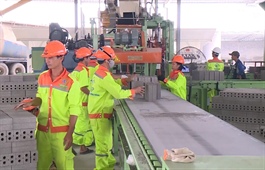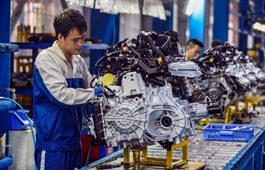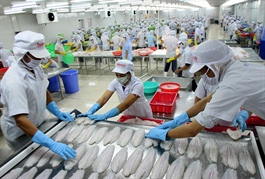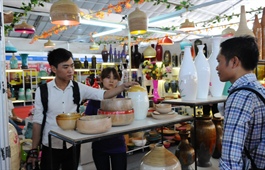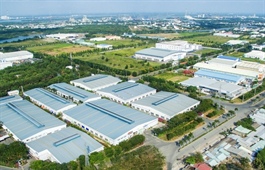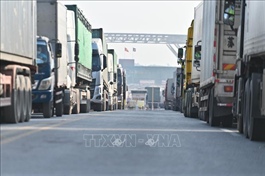Vietnam enhances capacity to deal with growing trade remedies
Vietnam enhances capacity to deal with growing trade remedies
Vietnam will enhance its trade remedy capacity to ensure fair competition for its exports.
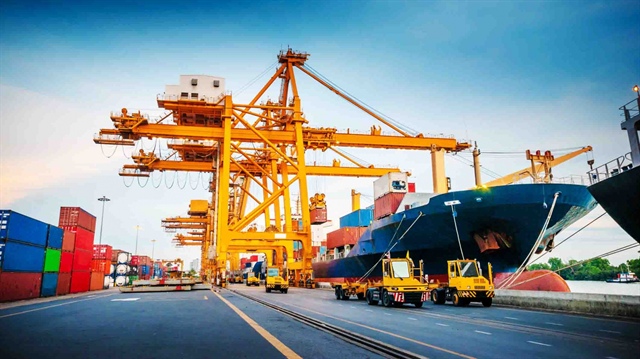
Trade remedy measures affecting exported goods are inevitable in the process of international economic integration |
Increased trade remedy lawsuits
Many countries and territories have increased trade remedy measures for strategic commodities, such as iron, steel and fertilizers. According to the Trade Remedies Authority of Vietnam under the Ministry of Industry and Trade, the number of trade remedy cases against Vietnamese exports has increased to more than 200. While the number of trade remedy investigations against Vietnam’s exports in the US and the EU tends to decrease or stay the same, it is growing rapidly in countries, such as Brazil, Malaysia, Thailand, India and Egypt.
According to the Trade Remedies Authority of Vietnam, global value chains are expanding and linking many countries together, engendering new trends in lawsuits on trade remedies, such as double lawsuits and lawsuits against tax evasion. Goods subject to investigation and application of trade remedies are increasingly diverse. Previously, only items with massive export turnover were subject to investigation, but now, even products with minor export turnover are being investigated.
Le Trieu Dung, director general of the Trade Remedies Authority of Vietnam, said the new trends are posing great challenges for Vietnam as the country’s production and export capacity is increasing rapidly.
Enhancing capacity
Both traditional and new-generation free trade agreements include clauses on trade remedies designed to protect domestic manufacturing against unfair competition by imported goods. Given the growing production and logistics costs, many countries are taking stronger actions to protect their supply chains. It is also a golden time for management agencies, associations and business communities to raise their awareness of trade remedies, proposing appropriate strategies to avoid damage from such measures to exported goods.
Dung said the Trade Remedies Authority of Vietnam has worked directly with manufacturers and customs agencies to guide the trade remedy process in a bid to reduce negative impacts, while standing alongside businesses to protect their rights throughout the process. The authority maintains communication channels with trade remedy investigation agencies in many countries, as well as overseas Vietnamese representative agencies, associations and businesses.
The Trade Remedies Authority of Vietnam will continue to coordinate with relevant units to effectively respond to trade remedy cases, contributing to ensuring the country’s export-import growth. To avoid the risks of trade remedy lawsuits, the authority will also coordinate with relevant units to develop improved trade remedy capacity for the domestic manufacturing industry in the context of Vietnam’s participation in new-generation free trade agreements. In addition, the authority will continue implementing an early warning system for industries and products at risk of being subject to trade remedy lawsuits in different markets.
| The Vietnamese government advocates completing the trade remedy system to protect the national economy, businesses and the domestic market in line with international commitments. |







